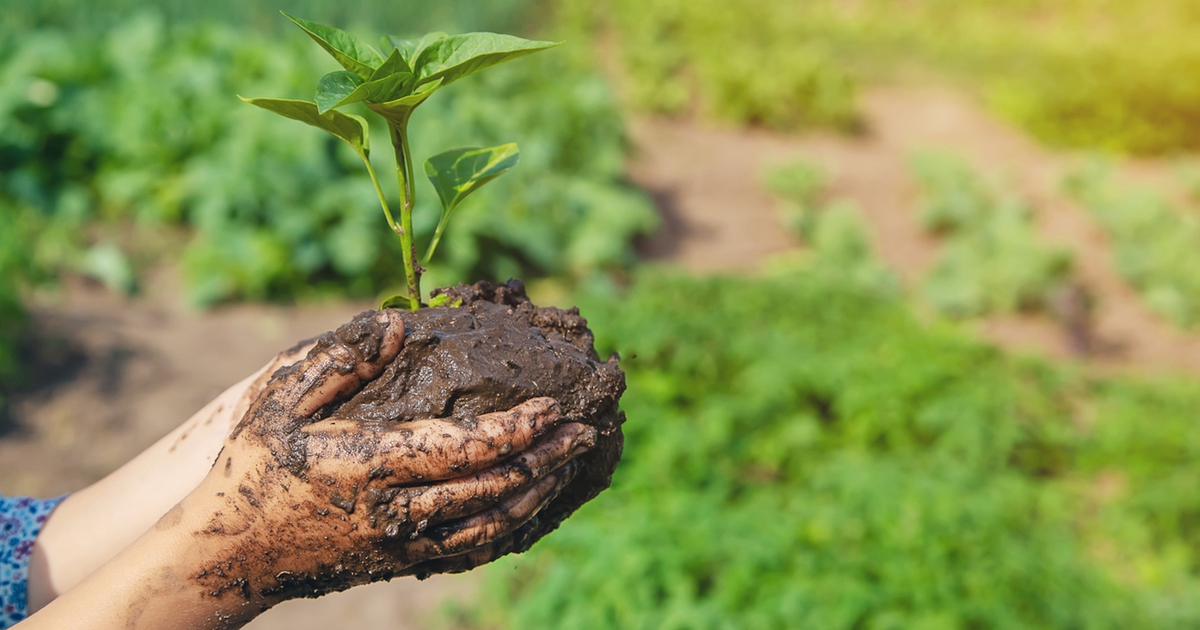Agroecological systems also provide positive results in terms of income, productivity and efficiency. Evidence that supports ecological transition.
- The Italian-French study examined thousands of scientific publications on agroecology to examine its socio-economic benefits.
- According to the findings, agroecological practices are more often associated with positive outcomes in terms of income, productivity and efficiency.
- For the authors of the study, it represents evidence for the implementation of ecological transformation.
L’agroecology it is not only good for agriculture and the environment, but also has positive effects on a large scale in terms of social and economic: this was demonstrated for the first time by an Italian-French study carried out by the Scuola Superiore Sant’Anna of Pisa and Isara (Institut supérieur d’agriculture Rhône-Alpes) published in the journal Agronomy for Sustainable Development.
Diversified agroecological systems lead to positive outcomes in income, productivity and efficiency
Agroecology is based on diversified cultivation and breeding systems and on strong reduction external inputs such as fertilizers, pesticides and antibiotics: the researchers further investigated 13 thousand publicationschoice 80 items published between 2000 and 2022 that provide solid scientific evidence on the social and economic results of implementing agroecological practices, analyzing differentiated parameters such as income, labor and production costs.
According to the findings, overall agroecological practices are most often associated positive socio-economic outcomes than negative or neutral. “In 51 percent of cases, we identified favorable results in terms of income, productivity and efficiency,” he explained Ioanna Mouratiadou, Isara researcher and lead author of the study. “However, challenges remain regarding labor requirements and costs that require appropriate policies to support agroecological efforts.
The greatest benefits of agroecology are in the southern hemisphere with agroforestry
The evaluation also highlights that social and economic outcomes depend on factors such asgeographical environment, transition time scale or agricultural conditions. The most significant results were obtained from studies carried out incl To the south of the world and in systems that use agroecological practices such asagroforestry (combination of trees, annual crops and livestock), crop association (simultaneous cultivation of two or more crops on the same land) e absence or limitation of soil cultivation.
Evidence that supports ecological transition
The study highlights how the results provide a evidence-based support for and from political decision-making processes new ideas for further support emerge agroecological transition, urgently needed to achieve sustainable agricultural and food systems, from the local to the global. “Data they clearly highlight how necessary and urgent it is to push the accelerator of the agro-ecological transformation,” stated Maria Grazia Mammuccini, President of FederBio. “Going back to EU Green Deal policies therefore represents a strategic mistake that continues to favor an outdated and unsustainable agricultural model from all perspectives: environmental, social and economic.”
Advantages of diversification strategies
Another recent study published in Science also examined the effects of agroecological practices on both environmental and social outcomes by harmonizing data. 24 studies in 11 countries. The analysis made it possible to verify how five diversification strategies (opposite simplification realized by e.g. monocultures) focused on livestock, crops, land, fallow plantations and water conservation bring social benefits such as human well-being and food security and environmental benefits such as biodiversity and ecosystem services.

